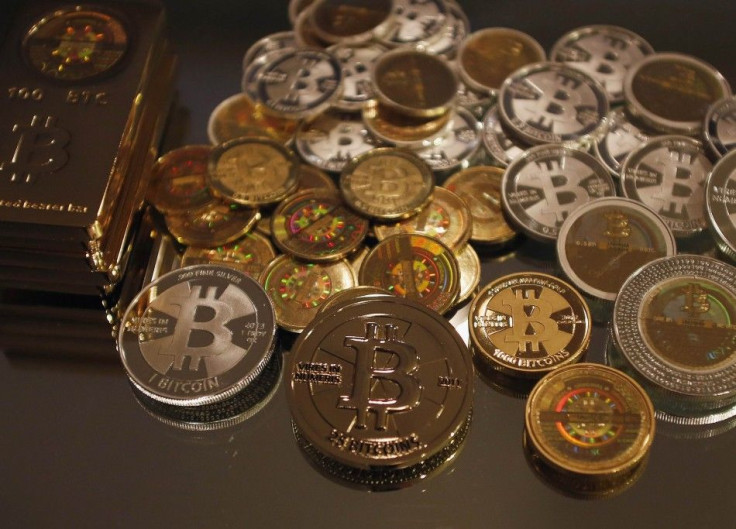Bitcoin ATMs Coming to Australia on March 14 as Robocoin Ships to More Locations

Robocoin, the company behind Bitcoin ATMs, is planning to expand to 10 more locations around the world. The company has announced it will be shipping its Bitcoin ATMs to Boston and Seattle in the United States. More machines are heading to the UK, Australia, Italy, Ireland, Israel, Czech Republic, Japan and Singapore.
Robocoin's Bitcoin ATMs will allow the conversion of cash to cryptocurrency or vice versa. The machines will also enable users to buy and sell Bitcoin. The company behind the ATMs has simplified the process of the "historically arduous exchange" that discouraged some less tech-savvy people to buy the cryptocurrency.
Robocoin also offers a general wallet feature for people new to Bitcoin to facilitate their entry into the world of crypto-currency.
In February, Robocoin installed its first Bitcoin ATM in the U.S. at the HandleBar tavern in Austin. The company's first ever Bitcoin ATM was placed in Vancouver on Oct 13 with Hong Kong and Taiwan following in January 2014.
The company competes with Lamassu Bitcoin Ventures' Bitcoin ATM. According to Techcrunch, Robocoin will begin shipping Bitcoin ATMs to Japan and Czech Republic on March 12, Australia on March 14, Boston and Seattle on March 17. The machines for Ireland, Israel and Singapore were already shipped on March 10.
The Bitcoin ATMs will connect to an international Bitcoin exchange and processes the transaction on their behalf. The ATM will release the cash once the Bitcoin exchange is successful. Those who want to buy Bitcoin can simply do so using the ATM and pay in cash.
In the ABC interview, David Glance from the University of Western Australia's Centre for Software Practice has declared that ATMs are not enough for the mass adoption of Bitcoin as a currency.
At the start of November 2014, Bitcoin was traded at $215. The popular digital currency is neither supported by the central bank nor the government. Analysts speculate that Bitcoin's price surge will be seen as overvalued in a short amount of time due to its increasing demand but limited supply.
Bitcoin is traded daily at 24 hours a day, unlike the stock exchange which observes certain times. The digital currency's value is determined by the amount of confidence the people have in Bitcoin. It has been slowly gaining acceptance by investors and the general public. But it has yet to be allowed as a mode of payment in major retailer Web sites.





















